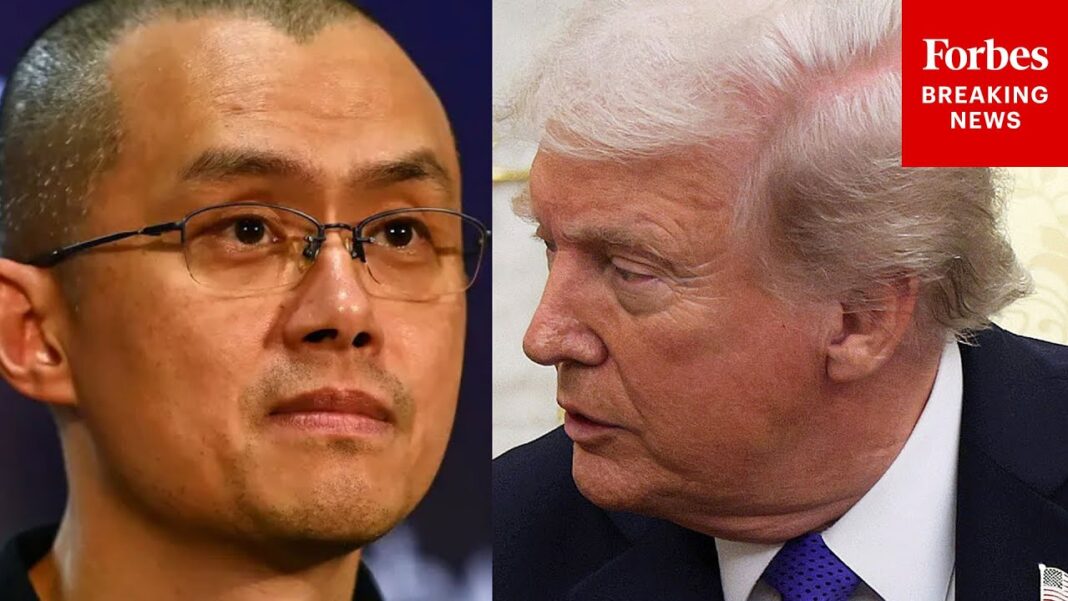Unlike his predecessor, Gen. Zhang Shengmin is not considered part of Xi’s faction.
The head of China’s military anti-corruption campaign has become the second-highest-ranking officer in the armed forces, stepping into a role left vacant after the dismissal of a top general widely regarded as a close ally of Chinese leader Xi Jinping.
Gen. Zhang Shengmin, a veteran political commissar, was officially promoted on Oct. 23 to the post of second-ranked vice chairman of the Central Military Commission (CMC), the Chinese Communist Party (CCP) agency that controls the armed forces.
The appointment was announced at the end of the Central Committee’s four-day closed-door meeting, known as the Fourth Plenum, which gathered more than 300 top Party officials to map out the direction of China’s new economic and social development plan. Key personnel changes are also approved at such a gathering.
Just days ahead of the meeting, the Chinese leadership expelled Zhang’s predecessor, He Weidong, along with eight other high-ranking generals, all accused of corruption and abuse of power. Eight of the nine purged were members of the CCP’s governing Central Committee.
At the conclave, the Central Committee affirmed the senior leadership’s earlier decisions to revoke the Party membership of all eight generals, according to the official summary of the meeting, released by Chinese state media Xinhua.
In addition, the readout disclosed that Zhang Fengzhong, who oversees the political work at the People’s Liberation Army’s secretive Rocket Force unit, which commands the country’s nuclear missiles, was also ensnared in the anti-graft drive.
Zhang was accused of committing severe violations of Party discipline and the law, and the Central Committee confirmed an earlier decision to strip his Party membership, according to the readout.
Since taking power in 2012, Xi has initiated an extensive campaign against perceived corruption and disloyalty, taking down some of his most powerful political rivals. The recent crackdown, however, has increasingly targeted Xi’s protégés and longtime allies. The shift has set off speculation about power struggles within the Party’s upper echelons.
By Dorothy Li and Frank Fang







